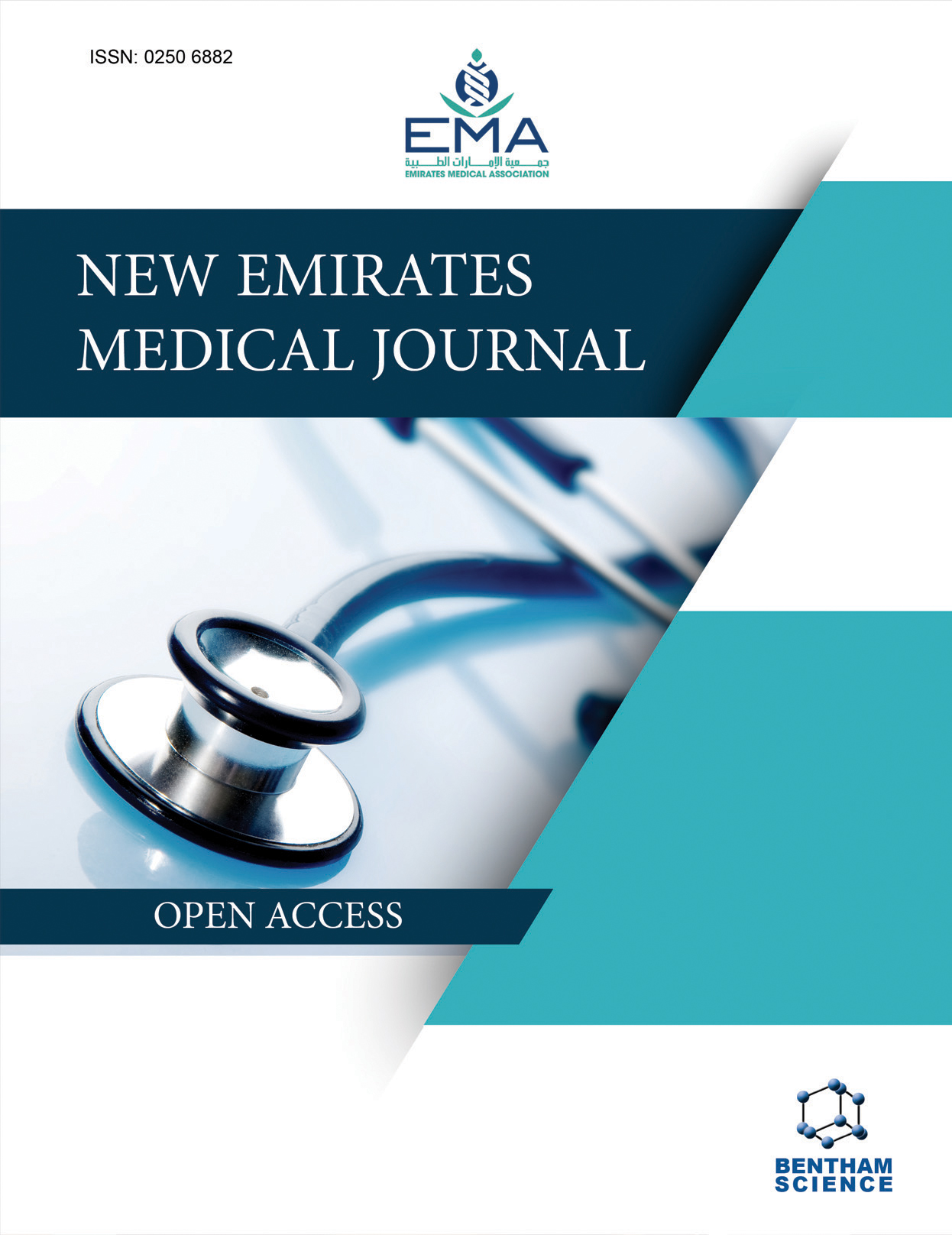-
oa Exploring the Lived Experiences of Clinical Educators: Challenges, Motivations, and Future Perspectives
- Source: New Emirates Medical Journal, Volume 5, Issue 1, Jan 2024, e02506882340618
-
- 28 Jul 2024
- 12 Nov 2024
- 01 Jan 2024
Abstract
This study examines the factors contributing to the shortage of medical doctors teaching medical students despite their crucial role in training the future medical workforce.
To analyze the factors behind the lack of medical doctors in the training of medical students, we used ‘phenomenology’ to understand clinical educators' lived experiences and their constructed meanings. Within the domain of phenomenology, we applied hermeneutic (interpretive) phenomenology. The experiences of eight clinical educators at the Gulf Medical University were explored through interviews and analyzed using Interpretative Phenomenological Analysis (IPA) and Socio-Cognitive Career Theory (SCCT).
The findings revealed that entry into medical education often occurred serendipitously due to inadequate career counseling and the undervaluation of the field. Acquiring a postgraduate qualification in medical education contributed to professional growth of the participants by enhancing expertise and fostering a stronger professional identity. Key motivators included a passion for the field, student interaction, support from colleagues, and an encouraging working environment. Clinical educators faced challenges, particularly when they compared their careers to those of practicing clinicians. These challenges included perceived undervaluing of their field, an unclear professional identity, slower career progression (notably in the UAE) and low income. Furthermore, clinicians who serve as educators as well, often struggle with insufficient time dedicated to teaching responsibilities. Coping strategies involved cultivating a positive work environment and maintaining optimism. Growing awareness and a positive outlook for medical education were noted.
This study uncovered the underlying issues faced by clinical educators through their lived experiences. To change the status quo, we propose facilitating medical students and young doctors in joining the field of Medical Education early in their careers. This can be achieved by providing strong career counseling and establishing clear entry and progression pathways in the field of Medical Education, through medical universities and health centers. Medical educators should be facilitated by providing an encouraging environment, acknowledging their medical education-related qualifications, and improving remuneration.



